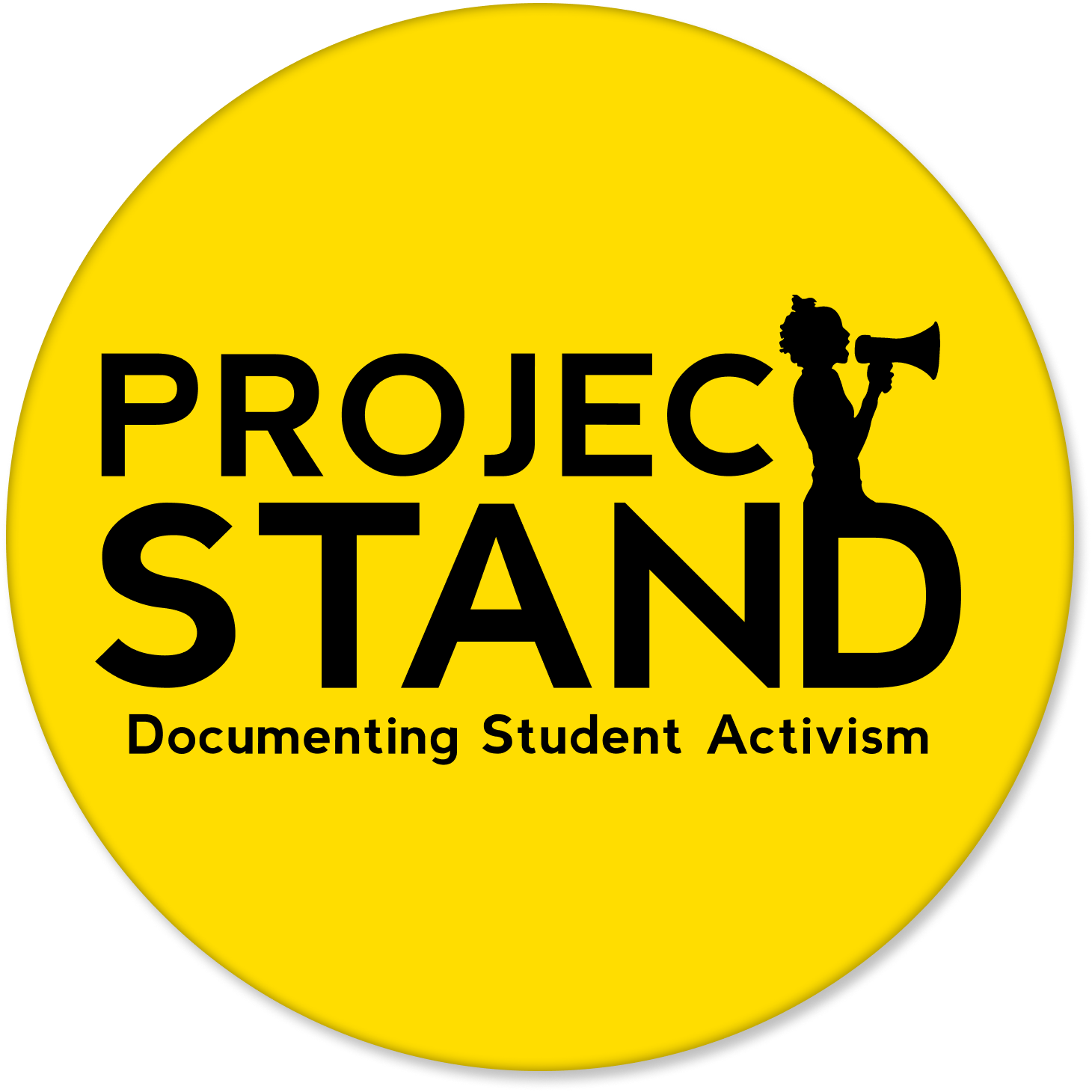
The Barnard College Archives and Special Collections has contributed materials from 12 archival collections to Project Stand, primarily but not exclusively campus publications from student organizations and other special interest constituencies of the Barnard campus community. Examples include:
Barnard Organization of Soul Sisters (B.O.S.S.), This collection consists of materials from the Barnard Organization of Soul Sisters (B.O.S.S.). According to their website, B.O.S.S. is an active organization of black female leaders who embody sisterhood through a collaboration of academic support, mentorship, and social and cultural
Black Heights, a magazine created by Black students from Columbia and Barnard which primarily contained articles about Black art and culture, politics, and original poetry and prose. While created as an arts magazine, the magazine’s content was not exclusively related to art, and contained articles about union organizing efforts at Columbia, political commentary, and photographs of student activism at Barnard, particularly relating to National Divestment Rally Day, an action in support of divestment from the apartheid of South Africa.
Calendula, a Barnard Feminist Publication, which featured everything from opinion pieces to a directory of feminist campus groups to events listings, as well as articles, reviews, poetry, etc. The publication came as a result of a group of Barnard students who desired a stronger network of women’s groups on campus, and as a vehicle to exchange information and ideas.
Common Ground, an alternative newspaper created for the Barnard and Columbia communities with the hope of building coalition among progressive or radical student groups on campus. The editorial board included students from the Barnard Abortion and Reproductive Rights Action Network, the Barnard Organization of Black Women, and Lesbian Activists at Barnard, among others.
Divest Barnard, an activist group currently active at Barnard College with a mission to provide a platform for the voices of marginalized peoples particularly women a wide agenda environmentalism and social justice;
Eve’s Rib, a short-lived literary publication that saw itself as part of the history of student literary publishing at Barnard College, which began in 1903 with the Barnard Bear. The focus of Eve’s Rib was primarily on politics, feminism, and art.
Lesbians and Bisexuals in Action (LABIA) Records, This collection consists of materials from the Barnard College student group Lesbians and Bisexuals in Action (LABIA), including meeting minutes, posters, events materials, and budget materials.
Proxy, a student magazine which addressed topics of race, gender, and multicultural identity. Articles focused on people of color, neo-colonialism, the developing world, and other political and social justice issues.
Qzine, a student publication sponsored by Q, Barnard College Queer Collective. The Q group’s mission is to build and support the queer community on campus through a community orientated and activist based approach.
Sherry Suttles Papers, This collection consists of the personal papers of Barnard College alum Sherry Suttles. The papers consist of personal letters and letters of correspondence with Barnard College and other organizations, resumes, fliers, newspaper clippings, class notes, senior thesis, brochures, pamphlets, exams, syllabi, transcripts, scholarship forms, student identification cards, a book and a DVD. The bulk of the records are from the years Suttles spent at Barnard College.
Soul Sister, This collection consists of the 1991 and 1994 issues of Soul Sister, a journal of creative writing and non-fiction, published by the Barnard Organization of Black Women, formerly and later known as the Barnard Organization of Soul Sisters (B.O.S.S.). Volume 1, Issue 1 of Soul Sister contains writing on political issues specific to Black women, such as beauty politics, as well as profiles on spaces at Barnard that are relevant to Black women, such as the Barnard Center for Research on Women and various Black female faculty and staff. Soul Sister Vol. 1 also contains poetry, a ‘must read’ list of books about Black women, and updates on the activities of CORRE.
Why We Strike, organized and distributed by the Barnard Strike Coalition following the National Student Strike of 1970, Why We Strike contains a chronology of events surrounding the strike at Barnard, as well as letters in support from Barnard College faculty, the Third World Coalition, and Barnard Strike members, among others.
Primary contact: Martha Tenney (bio)
